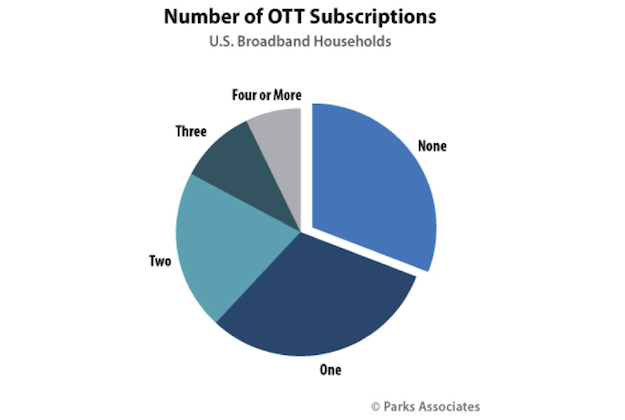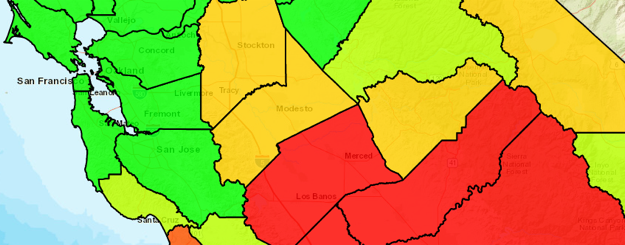More video devices, over-the-top subscriptions drive broadband demand
A couple more data points to add to the how fast is fast enough discussion: Parks Associates, a market research company, just published a report showing that consumers are paying for more Internet video subscriptions and buying more devices to watch them on…
… MoreU.S. broadband households have on average more than seven video access devices, including TVs, computers, tablets, and smartphones…
“Nearly 40% of U.S. broadband households subscribe to multiple [over-the-top] video services, and consumers expect to access their high-quality content on any platform, at any location where they live or go for work or fun,” said Elizabeth Parks, SVP, Parks Associates.


![By Edward Betts (Own work) [CC-BY-SA-3.0 (https://creativecommons.org/licenses/by-sa/3.0)], via Wikimedia Commons](https://www.tellusventure.com/blog/images/2018/3/money_stack_625.jpg)
![By Joker Poker [CC BY 2.0 (https://creativecommons.org/licenses/by/2.0)], via Wikimedia Commons](https://www.tellusventure.com/images/2017/3/gambling_table.jpg)

![By 401(K) 2012 [CC BY-SA 2.0 (https://creativecommons.org/licenses/by-sa/2.0)], via Wikimedia Commons](https://www.tellusventure.com/images/2017/5/piggy_bank.jpg)


![By U.S. Navy photo by Mass Communication Specialist 3rd Class Frankie J. Colbry [Public domain], via Wikimedia Commons](https://www.tellusventure.com/blog/images/2014/12/money_625.jpg)
